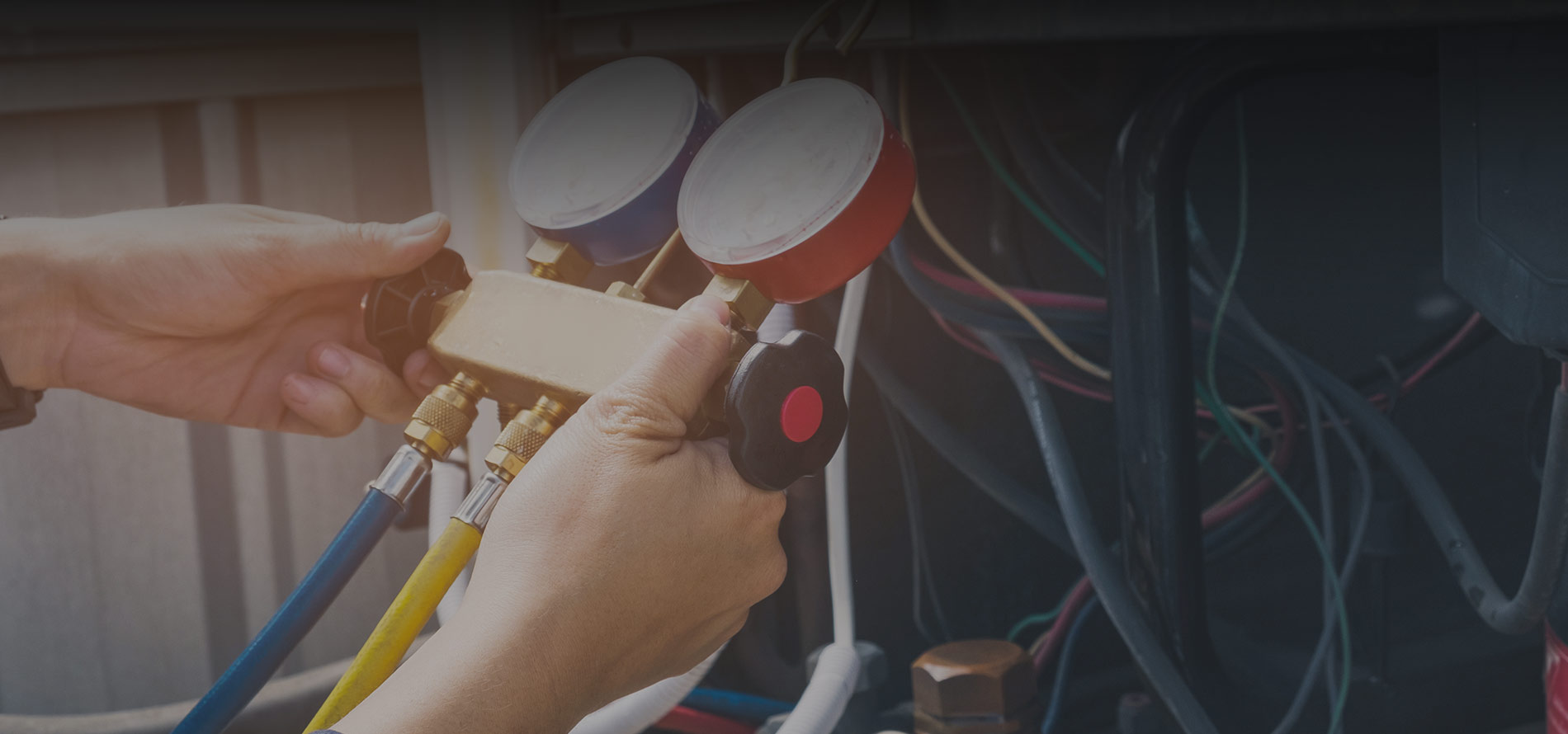7 Certifications That Will Make Students of HVAC Schools in San Antonio Texas More Marketable
In the HVAC business, skills are what matters most, and the best way to demonstrate your skill set to prospective employers is through your qualifications. There are numerous certifications available to HVAC professionals, each of which establishes your expertise in a different area of heating, ventilation, and air conditioning. The following seven are some of the best for improving your marketability.
1. HVAC Certification
Holding an HVAC certification is essential for any technician who wants to perform maintenance, service, and repair work on heating, air conditioning, and refrigeration systems. To pass the examination, you will need to know the basics of installing and maintaining HVAC systems, testing air quality, utilizing temperature control systems, humidity regulation, refrigeration, heating, and climate control.
2. EPA Certification
If you want to secure a job handling refrigerants, you need to be certified with the Environmental Protection Agency (EPA). With a Section 608 certification, you can service building air conditioners and refrigeration systems and can purchase refrigerant in containers of greater than 20 pounds. To service motor vehicle air conditioners and to purchase refrigerant in any size containers, you must hold a Section 609 certification.
3. Green Certification
Energy conservation is growing in importance for homeowners and building managers alike, which makes holding a Green certification more valuable than ever. With this qualification, employers know that you understand the principles of energy efficiency and that you are able to apply them to heating and cooling maintenance, servicing, and installation tasks.
4. R-410A Technician Certification
This qualification shows that, beyond understanding air-conditioning and refrigeration system installation, troubleshooting, and repair, you are able to work safely with R-410A. As this high pressure refrigerant has different charging and servicing methods from other 400-series blended refrigerants, it is necessary for technicians to complete training before they can work with R-410A.
5. Indoor Air Quality Certification
HVAC systems have a large impact on indoor air. A qualification in indoor air quality shows that a technician is able to service, adjust, inspect, and clean ducting, heat exchanges, condensate pans, humidifiers, and blowers.
6. NATE Certification
The North American Technician Excellence (NATE) certification demonstrates your expertise in a specialty area. You can gain an installation, service, or senior qualification in:
- Air conditioning
- Heat pumps
- Gas heating
- Oil heating
- Air distribution
- Hydronics oil
- Hydronics gas
- Commercial refrigeration
- Light commercial refrigeration
- Ground source heat pump loop installer
- HVAC efficiency analyst
- HVAC performance verifier
7. Preventative Maintenance Technician Certification
With a Preventative Maintenance (PM) Technician certification, you can prove to employers knowledge of acid and moisture detection, acid and water removal, compressor and coil maintenance, refrigeration charging techniques, advanced diagnosis, and leak testing procedures. You must already have an EPA 608 certification to qualify. When researching HVAC schools in San Antonio Texas, ensure the programs you add to your shortlist lead to several of the above. A broader skill and larger number of certifications set will increase your opportunities for employment and allow you to become an invaluable asset to an HVAC company.










